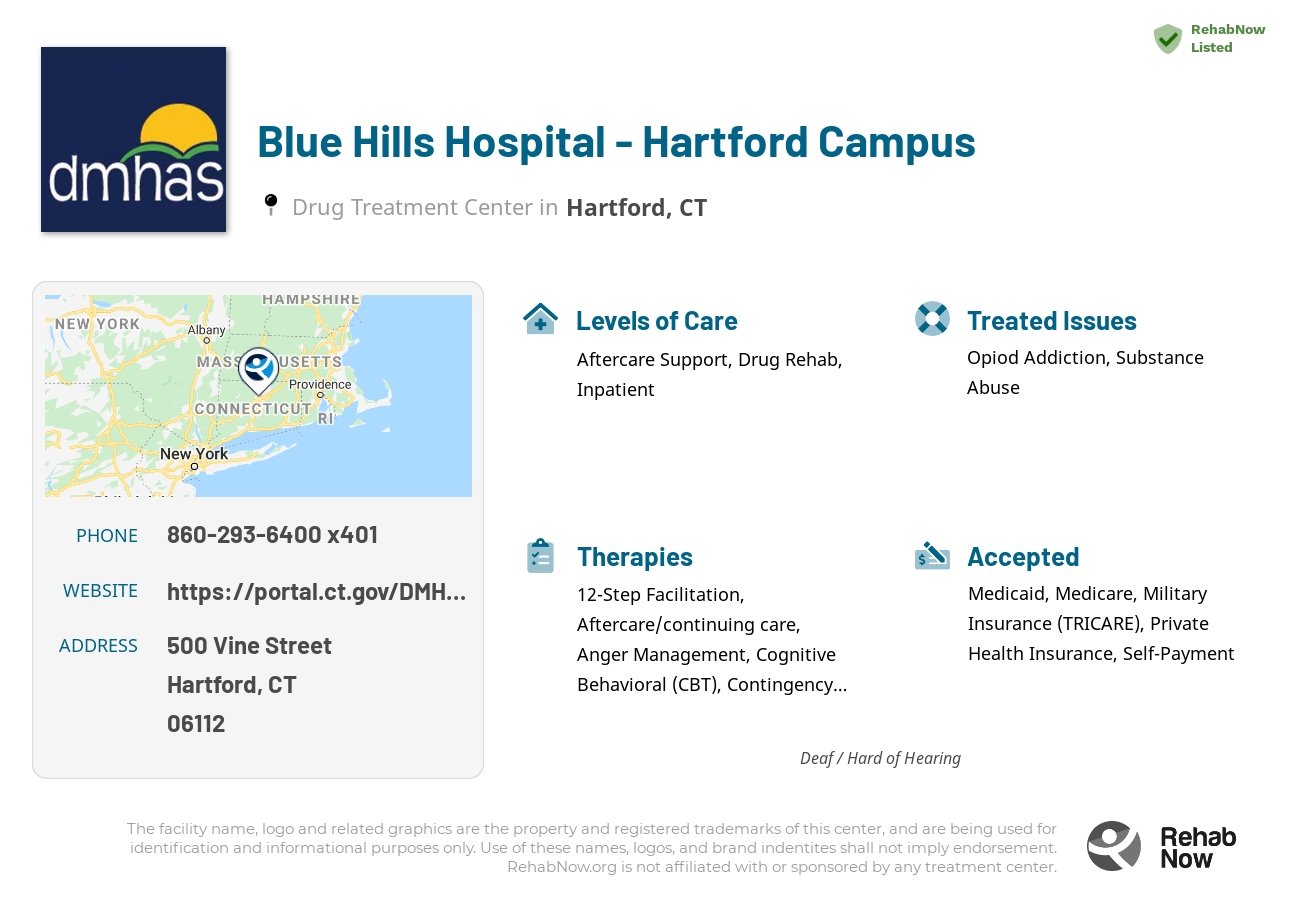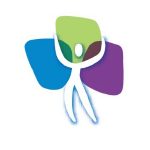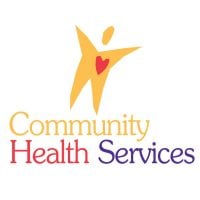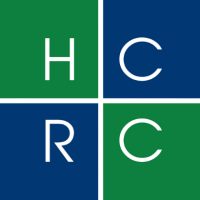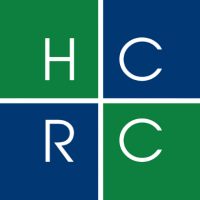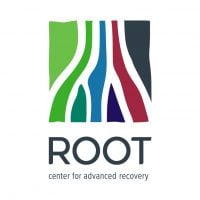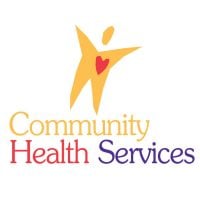Blue Hills Hospital - Hartford Campus
Drug Rehab Center in Hartford, Connecticut
Blue Hills Hospital - Hartford Campus is an accredited 42-bed drug rehab center located in Hartford, CT offering a range of personalized care and addiction treatment services from trained professionals for alcoholism, opioid addiction, dual diagnosis, and drug addiction.
About
Blue Hills Hospital - Hartford Campus is a reputable treatment facility located in Hartford, Connecticut. This facility specializes in providing comprehensive care for individuals suffering from alcoholism, opioid addiction, dual diagnosis, and drug addiction. With a capacity of 42 beds, Blue Hills Hospital offers a range of services to meet the needs of their patients. They are accredited by JCAHO (Joint Commission on Accreditation of Healthcare Organizations) and SAMHSA (Substance Abuse and Mental Health Services Administration), ensuring high-quality and evidence-based treatment.
Blue Hills Hospital - Hartford Campus offers a variety of services aimed at helping individuals overcome addiction and substance abuse. Their services include detoxification, inpatient levels of care, drug rehabilitation, and dual-diagnosis treatment. Aftercare support is also provided to ensure individuals maintain their recovery outside of the hospital setting. With a focus on personalized care, the facility tailors treatment plans to meet the unique needs and circumstances of each individual. Private health insurance is accepted, making their services accessible to a wider range of individuals in need. Blue Hills Hospital - Hartford Campus is affiliated with Connecticut's Official Opioid Overdose Prevention Program, highlighting their commitment to addressing the opioid crisis and providing effective treatment options.
Genders
Ages
Modality
Additional
Accreditations
SAMHSA

JCAHO
Conditions and Issues Treated
Within the past decade, opioid addiction has become a nationwide epidemic. The United States hosts one of the world’s highest rates of opioid use or abuse and has one of the highest rates of opioid-related deaths. In the United States, opioid drugs are classified as Schedule II-IV controlled substances due to their highly addictive properties and potential for abuse. These include morphine, opium, heroin, oxycodone, hydrocodone, methadone, and fentanyl. Physicians usually prescribe opioids to help control pain.
Over time, opioid users develop a tolerance for the drugs, which makes it difficult, if not impossible, to function without them. In turn, opioid users often resort to illicit means of obtaining the drugs. These means can include drug dealers, friends, and family members who do not have legitimate prescriptions for the drugs. Opioid addiction can quickly lead to heroin use, especially those seeking more intense highs than prescription opioids offer. Due to the high risk of overdose, heroin users are at a much higher risk for illness and death.
A person who struggles with addiction and a mental health condition suffers from a dual diagnosis. This means that they have two issues that must be treated. The specific mental health issues that the patient at Blue Hills Hospital - Hartford Campus might have include but are not limited to:
- Depression
- Bipolar Disorder
- Anxiety
- PTSD (Post Traumatic Stress Disorder)
The specific addiction issues that the patient might have include but are not limited to:
- Alcoholism
- Drug Addiction (i.e., Cocaine, Meth, and other stimulants, Marijuana, and Ecstasy)
The combination of the two illnesses can be tough to treat. Taking care of one or the other is tough, and taking care of both cannot be done alone. A patient who receives dual diagnosis treatment will be given the best chance at becoming sober.
Levels of Care Offered
This center offers a variety of custom treatment tailored to individual recovery. Currently available are Aftercare Support, Detox, Drug Rehab, Dual-Diagnosis, Inpatient, with additional therapies available as listed below.
Detoxification is a critical first step in treatment for drug addiction. Drug detoxification helps the individual withdraw from the drug by providing a controlled environment where symptoms can be managed through medication and close observation. Detoxification is an inflection point where the individual can get on a recovery track, but it’s also one of the most dangerous points in the recovery process.
In addition to going through physical withdrawal from certain drugs, a detox program also provides the individual with drug testing to monitor their progress. This way, if the individual is not ready for sobriety (such as if they relapse), the treatment professionals can catch it early on and use that opportunity to help re-orient the individual towards recovery.
Inpatient treatment centers offer a safe, secure, and often medically supervised environment for drug or alcohol-addicted individuals. Many of these facilities are equipped to provide detoxification, treatment for co-occurring mental health disorders, and aftercare programs.
The patient typically spends 28 to 30 days at the facility and will receive extensive drug counseling. They will also learn how to live without drugs and how to make the right decisions in life.
Recovering drug addicts need aftercare support when they leave treatment. The support can include guidance through 12-step programs, outpatient rehabilitation programs, and support groups. Aftercare supports the individual in their desire to maintain sobriety by reducing relapse risk with positive choices.
The success of drug treatment does not end when the addict leaves the rehabilitation center. There is no such thing as a “one and done” type of rehabilitation process. Recovery is a lifelong journey that begins with treatment and continues by the addict committing to outside support groups or drug rehab programs.
When choosing a program, it is crucial to choose one that will provide long-term aftercare support. This ensures that you have the tools you need to sustain your recovery.
Therapies & Programs
Individualized Treatment is essential because it gives addicts the ability to participate in a program that meets their unique needs. An addict should work with professionals who understand what they’re going through, especially if the addict is actively using. Finding the right treatment program for an addict is difficult, but it’s even harder without communicating with those who have experience treating your specific situation.
The therapies typically involve all family members, potentially including siblings, children, and parents who play a role in their daily lives. These sessions can be essential because they address past issues that may have affected an addict or alcoholic’s recovery process. They provide support during this time when it is needed most!
A family therapy session, often called a family meeting or intervention, is a necessary process that helps loved ones of addicts see their situation in a new light. It’s also one of the most challenging things families will ever have to do when they’re facing a loved one battling addiction or alcoholism.
Group therapy sessions provide recovering addicts with a chance to cope with everyday situations that many face. Group therapy sessions are held in rehab facilities, clinics, churches or community centers that offer drug addiction treatment.
People who attend these groups are encouraged to voice their feelings and support other addicts in recovery. This helps group members strengthen their own recovery program while cheering on others who are struggling with sobriety.
Trauma therapy allows them to work through past trauma to have peace of mind and begin down the road of sobriety. The therapist will work with the individual to help them understand their past and present relationships. Patients may often believe that something is inherently wrong with them or they are unworthy of love. The therapist aims to correct these negative feelings and behaviors by helping the person realize that their actions do not reflect who they truly are.
Dialectical behavior therapy, or DBT, is one form of cognitive behavioral treatment. This type of therapy typically involves both individual and group sessions with a therapist on a regular basis.
It uses concepts like mindfulness training to help addicts learn how to identify their thoughts, feelings, behaviors and the experiences that trigger them so they can avoid relapse. DBT also teaches addicts how to regulate their emotions, which can make it easier for them to avoid or overcome negative thoughts and cravings.
Cognitive Behavioral Therapy (CBT) is a highly effective treatment option based on the idea that how we feel, think and act all interact together. Our thoughts determine our feelings and behaviors; our feelings affect our thoughts, and our behaviors change our thoughts and feelings. CBT helps people explore their thoughts for problems (or false beliefs) that influence their mood and actions. By examining their thoughts and beliefs, people can recognize distorted or irrational and modify them to more realistic, positive ones. CBT is very goal-oriented, which means that the therapist and patient work together on a specific problem while learning to become more adept at solving future problems.
CBT works well with a broad range of people, including those with depression, anxiety disorders, eating disorders, and problems with anger. In addition to helping a client focus on thoughts that can be changed, CBT also allows them to take an active role in their treatment. This is called a collaborative approach because both patient and therapist work together to produce the best possible results.
CBT is based on cognitive learning theory, which says that our behavior is a learned response to our environment. Cognitive refers to thoughts and beliefs, while behavioral relates to actions or deeds. CBT helps people learn ways of behaving to improve their quality of life by focusing on specific problems or goals they want to achieve. Sometimes, CBT is used alone; other times, it is combined with medications or brief counseling techniques such as solution-focused and motivational interviewing to achieve optimal results for the patient.
Life skills training is beneficial for addicts in recovery because it helps them learn how to take care of themselves and improve their quality of life, which can promote feelings of purpose and motivation.
This works by teaching individuals life-enhancing skills that support positive living, including:
- Healthy lifestyle habits
- Skills to effectively manage stress
- Effective communication skills to help them get their needs met without turning to drugs or alcohol
- Money management and budgeting skills so they can continue to take care of themselves after treatment ends.
For people trying to kick their drug addiction, nutrition therapy at Blue Hills Hospital - Hartford Campus is a great tool. Nutritional deficiencies gradually creep in, and before you know it, you’re facing health problems. It helps restore balance to the body, and for many addicts, it represents the first step on the road to recovery.
Nicotine replacement therapy was developed to help people quit smoking. It does so by providing small doses of nicotine that control cravings and break smoking habits.
NRTC products like skin patches and gum deliver low-dose nicotine that prevents cravings, making the transition from smoker to non-smoker easier.
Patient Experience
Fitness Therapy
Fitness therapy is a great way to improve physical and mental health. It can be used in combination with other therapies to help people recovering from addiction. Exercise releases feel-good chemicals, helps with self-discipline, and can improve moods. Fitness therapy can help people heal physically and mentally from the damage done by addiction.
Payment Options Accepted
For specific insurance or payment methods please contact us.
Is your insurance accepted?
Ask an expert, call (888) 674-0062
Connecticut’s Official Associated Centers
Discover treatment facilities under the same provider.
- Hartford Dispensary - Manchester in Manchester, CT
- Hartford Dispensary - New London in New London, CT
- West Haven Mental Health Clinic in West Haven, CT
- Hartford Dispensary - Henderson - Johnson in Hartford, CT
- Capitol Region Mental Health Center in Hartford, CT
Learn More About Connecticut’s Official Centers
Additional Details
Specifics, location, and helpful extra information.
Hartford, Connecticut 6112 Phone Number(860) 293-6400 Meta DetailsUpdated November 25, 2023
Staff Verified
Patient Reviews
There are no reviews yet. Be the first one to write one.
Hartford, Connecticut Addiction Information
Connecticut has a higher rate of substance abuse and addiction than the national average. The state ranks in the top 10 in the country for illicit drug dependence among those ages 18 to 25. In 2010, there were 9,211 people admitted to an alcohol treatment facility for alcohol abuse combined with a secondary drug. Connecticut ranked fifth in the United States of America for the number of fatalities involving drunk driving in 2014.
Heroin and cocaine are the most commonly abused drugs in Hartford, CT. About 46% of people who have been arrested admit to using illegal drugs. Connecticut was ranked seventh out of the ten worst drug-plagued states in a comparative study. 723 people died of opiate and other illicit drug overdoses in the state. There are various drug treatment options available in Hartford, CT for someone looking to get sober.
Treatment in Nearby Cities
- Litchfield, CT (26.1 mi.)
- Windsor, CT (4.5 mi.)
- Bridgeport, CT (50.0 mi.)
- Milford, CT (43.7 mi.)
- Chester, CT (29.3 mi.)
Centers near Blue Hills Hospital - Hartford Campus
The facility name, logo and brand are the property and registered trademarks of Blue Hills Hospital - Hartford Campus, and are being used for identification and informational purposes only. Use of these names, logos and brands shall not imply endorsement. RehabNow.org is not affiliated with or sponsored by Blue Hills Hospital - Hartford Campus.




